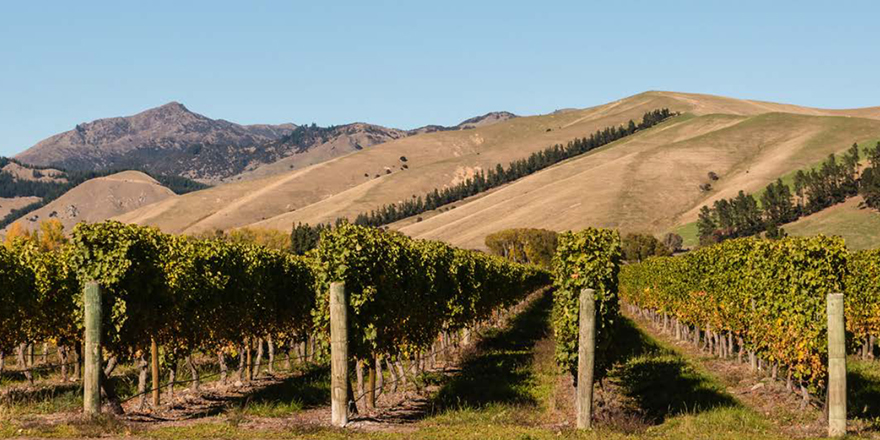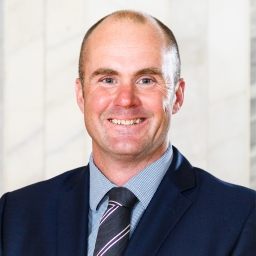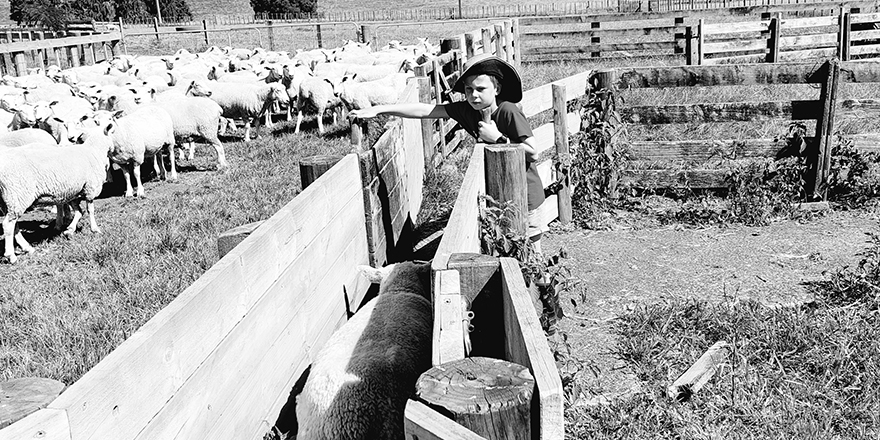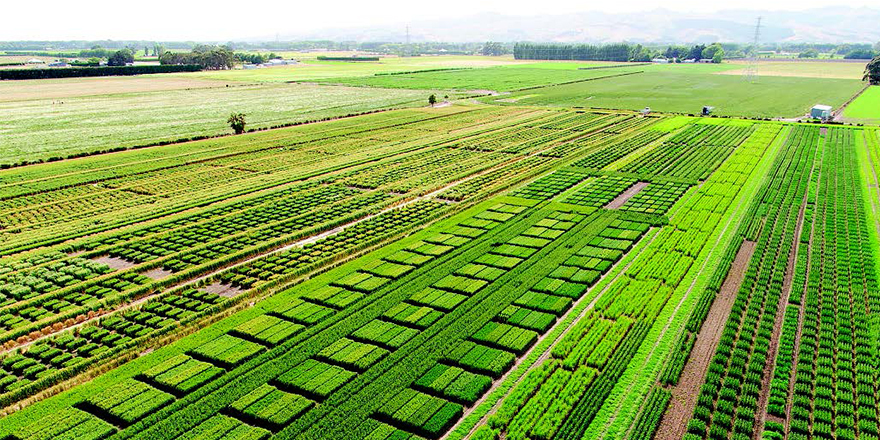Life is a journey! On that journey we make decisions on the pathway we take, based on a large number of factors. Top of the list is mindset. It is the filter that we see the world through. Without harnessing the power of a growth mindset, we lose an important tool in navigating a path.
New Zealand (NZ) food and fibre producers are at an inflection point. We have the opportunity to take the path to a more secure future, focusing on values-based production. To achieve a secure future, we as producers need to understand what the consumer wants, and how they want it produced. Then, once we have this understanding, change our production systems, through innovation to deliver to the consumer.
New Zealand has undergone three economic transformations. From a focus on volume with strong regulation pre 1984, transitioning through Rogernomics to a focus on value, and we are now moving into an era where the focus is on values. This change is driven by how the consumer wants the world to function, and how they want their food and fibre produced.
Our education models were developed to enable us to operate and thrive in a world that was focused on volume and value however, are challenged to support us to succeed in a values based world.
Food and fibre producers in NZ are not unique. We exhibit the same traits as can be found in the any population around the world. We like the status quo, it is comfortable and we only change if forced to. This change is usually bought about by regulation or significant global events. There are some who embrace change, leap into innovation and are always looking for the next big thing.
Idea diffusion through a population follows a predictable pathway, capturing the imagination and passion of different parts of a population. When an idea is new, innovators and early adopters capture and nurture the idea. When an idea is widely accepted the laggards may adopt the idea. The way and speed the idea or innovation flows through the population is based on an individual’s engagement with the idea.
The rational part of our brain that uses data and facts only makes a small contribution to the decision. The biggest contribution to decision making is our emotions or how we feel about an idea. How we emotionally engage with an idea is based on those who we trust and share a bond with. We all like similar things to those we have an emotional bond with and are more likely to change or innovate if someone we trust shows us that it can work.
Our education system needs to support the transition to values based production. To do this we need to first understand the values our consumers are emotionally connected to. Forming the emotional connection to consumers has to be the basis of a new education model. Consumer insights are the light that will drive our new education system to better deliver innovative solutions, allowing our production systems to change and innovate.
Mindset is the filter we see the world through, it allows some of us to embrace innovation and some of us to be scared of it. Dweck’s (2017) model of mindset states, a person with a fixed mindset believes intelligence is static and cannot be grown, while in contrast a person with a growth mindset believes that intelligence can be developed. The growth mindset embraces challenges, persists in the face of setbacks, sees effort as the path to mastery, learns from feedback and as a result reaches for an even higher level of achievement and embraces change.
I believe we have an opportunity to show great leadership and create a new model for change and innovation within NZ food and fibre industry. The model will help NZ Food and Fibre producers to embrace change through innovation, without the inflection or pain point that have been the catalyst for change in the past. Volume and value were the currency of the past, values are the present and future. The model I propose is powered by trust, engagement and allows for greater transparency and understanding between the producer and consumer. This is turn lessens the barriers to change and enhances consumer centric innovation




